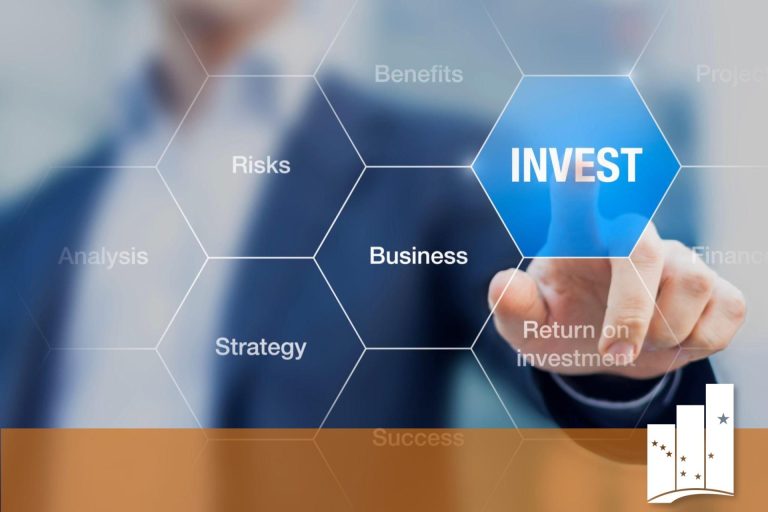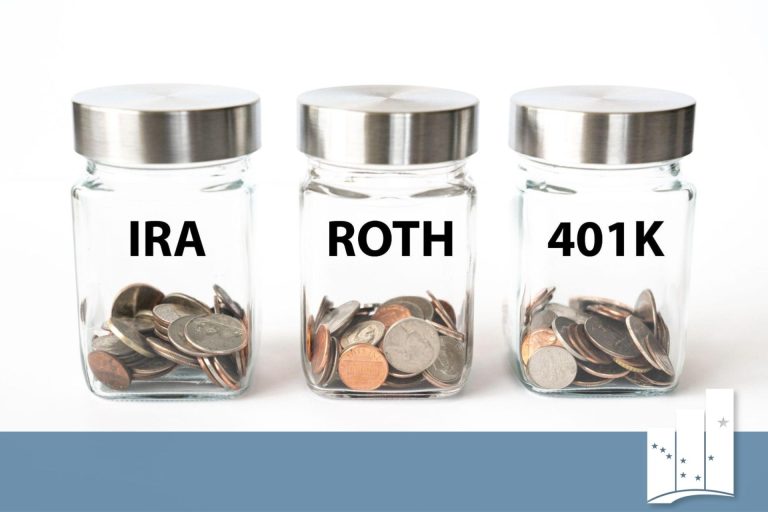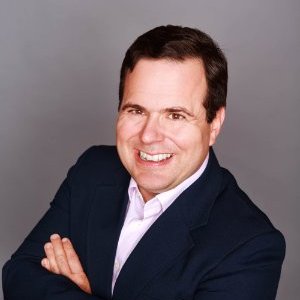
That amazement is probably why I started my academic life as a development economist and it’s why I spent a good portion of a recent trip to Costa Rica just watching how the different regions of the country were supported (or not supported) by the country’s development policies. Limon on the Caribbean Coast is the country’s primary port and it connects to the country by a simple two-lane road filled with tourists, locals, and semi-trucks filled with cargo. Costa Rica has 3.5 million people and the country’s lifeline is a road that’s no more advanced than, but significantly more crowded than, the Parks Highway north of Willow. Driving through the region I initially marveled at the amazing number of service stations, vehicle repair shops, and people who specialized in repairing tires. It only took one drive down that road to figure out why there were so many businesses providing support to the transport sector: Volume X Inadequate Roads = Opportunity. Of course, one woman’s opportunity is another woman’s tax on the cost of getting goods to market; those tire repairs aren’t free. Fast forward, 150 miles north of Caribbean coast and we’re now in the pineapple and sugar fields of the Lake Nicaragua drainage. Here we have very little traffic and a four-lane divided highway with proper overpasses and access roads. No need for tire repair shops in this area. In fact, you struggle to find a petrol station. You also don’t doubt that beautiful road would better serve the country in another area.
So, what does any of this story have to do with Alaska and Alaska’s economy? When I make public presentations, I am frequently asked how we should advance Alaska’s economic development. I have been asked this question from tiny villages on the Bering Sea to Governor Walker’s transition conference here in Anchorage. I have to say that of all the questions I’m asked that these types of questions are not only the most challenging to answer, but they are the questions where I’m least satisfied with my own answers. Apparently, my audience sometimes agrees with me; a recent audience participant gave feedback that said I wasn’t qualified to comment on “Alaska’s future without oil.” Ouch! I guess that response gets right to the heart of the matter. For some, there’s a belief that our future economic development means adapting to a world where we won’t pump oil. For others, non-renewable resource development is the key to Alaska’s prosperity. In reality, I suspect that there’s no easy answer to the question and there’s no Holy Grail to be found. If the Grail was to be found, I think Alaskans would have found it already.
In this posting, I’ve acknowledged that there’s no Grail, no silver bullet, and that I’ve questioned my own ability to give satisfying answers around Alaska’s economic development. Can I even still pontificate on economic development in Alaska? Absolutely, but your response is as good as mine! Alaska is a land filled with great ideas, but very few great projects. We should all recognize that:
- Economic development on a city, regional, or state-level is hard work without a single simple solution.
- Economic development requires playing to our strengths which includes the continued production of oil, hard rock metals, fish and shellfish, and other natural resources.
- It also includes acknowledging our weaknesses and realizing that some of those weaknesses can be mitigated while others will never fundamentally change (i.e., geography).
- In a democratic society, it’s messy, fraught with the potential for conflict, self-dealing, and making a lot of mistakes.
- We’re going to have misfires where the money could have best been used elsewhere just like that crazy road in Northern Costa Rica.
- Sometimes the playing field is going to shift on you for better or worse. I’m looking at you oil markets and “technology”.
- Wins can seemingly come out of nowhere and here I’m thinking about the explosion of solar installations in Alaska in the last two years and the broader move towards energy renewables on the personal and municipal level.
Most importantly, I think we need to realize that Economic Development always starts with a dream of changing the way the world, or simply the way life, works. Many of those dreams will die or be left on the side of the road, particularly in a challenging location like Alaska, but some of them will become a reality and they’ll fundamentally change life for people. Even the Permanent Fund, perhaps Alaska’s single greatest economic development creation, was once just a mote in someone’s eye.
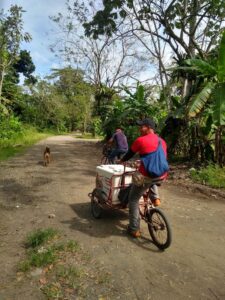
Jonathan’s Takeaway: Jonathan’s been interested in economic development for 20+ years and he knows that he doesn’t always have a satisfying or satisfactory answer. What he does know is economic development has no Holy Grail and that he appreciates the “little guys and gals” who make their dreams a reality because that’s where economic development really starts.
Jonathan King is a consulting economist and performance coach. His firm, Halcyon Consulting, is dedicated to helping clients reach their goals through accountability, integrity, and personal growth. Jonathan has 21 years of social science consulting experience including 14 years in Alaska. The comments in this blog do not necessarily represent the view of employers and clients past or present and are Jonathan’s alone. Suggested blog topics, constructive feedback, and comments are desired at askjonathan@apcm.net.
The views and opinions expressed in this article are those of the author and do not necessarily reflect APCM’s position.
1/17/18
